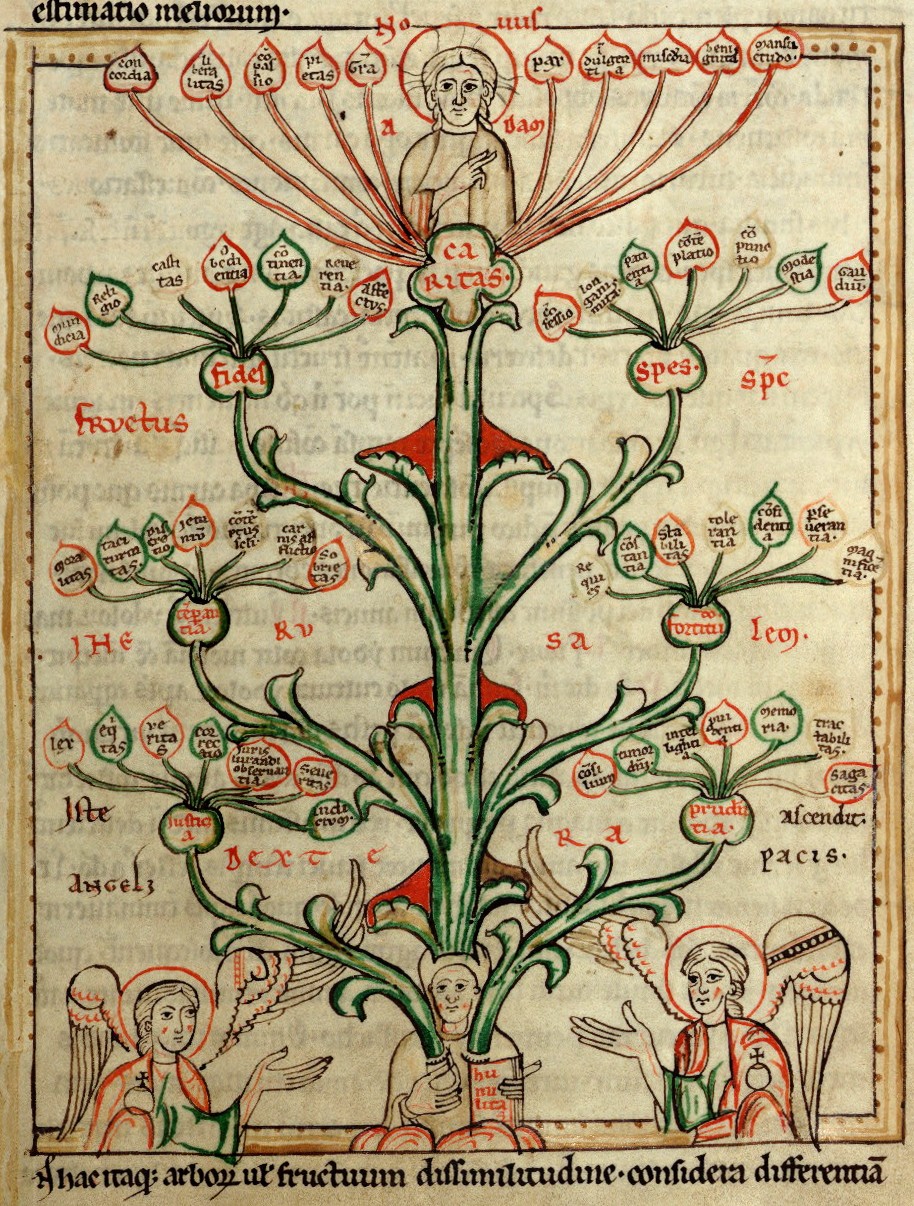We do not think that the linear "this-then-that" perspective, which has dominated Western thinking for centuries, will be sustained. The loss of spiritual values which accompanied the Enlightment has increasingly taken its toll on society and increasingly people are looking for alternatives. "Secular" society supports "private devotions" but it cannot deal with large-scale religious movements. When Max Weber pronounced "the disenchantment of the world," his alternative was "personal daemons." Dutch futurist, Fred Polak, correctly noted that the loss of Christianity in the West resulted in a "futureless future." Oswald Spengler's "Decline of the West" (now more than 100-years old) drew many of the same conclusions, to which he added an appendix in his final work, "Man and Technics," blaming technology for our demise. Nietzsche's "God is Dead" only provided more nails for the West's coffin. But is all this slow-motion falling-apart inevitable?
If the West is to revalue its own "modern" values, then the goal is likely to be a retrieval of "The Virtues." This is a notion that predates Christianity and underpins much of what drew the pagan Greek world and Judaism/Christianity together.
Nietzsche also famously pointed to a "revaluation of all values" (albeit without a grasp on the technological changes that underpin such paradigm shifts). As venture capitalist Bill Davidow suggests in his recent "Autonomous Revolution: Reclaiming the Future We've Sold to Machines," we are now experiencing another wave of this sweeping "revaluation." Davidow knows that our ramping rejection of 20th-century values cannot be stopped. And he admits that his own biases get in the way of figuring our what comes next. But it cannot be a continuation of what seemed stable even a few years ago. Values -- at the level of societies -- change rarely and with great turmoil. Sides are drawn and fights erupt. Western politics is now a battleground -- with no end in sight. Many are convinced that the EU cannot survive. Some even believe that the USA won't either. Institutions that were built in previous paradigms are clearly vulnerable. Marshall McLuhan termed it "War and Peace in the Global Village."
What might happen if the West picked up on China's (and the wider East's) lead on all this? What might a "classical" revival look like in the West? If the members of the CPC Standing Committee of the Politburo (roughly equivalent to the US Cabinet) are now required to study the ancient Yi Jing, might it become a requirement for "high office" in the West to become competent in Plato and Aristotle? Where would we turn to help make that happen? Probably not Harvard. The University of Chicago effort to promote "Great Books" was an effort in this direction but that has now run its course (plus it relied too heavily on Printing Press ideas/texts). In the 1940s, Rabbi Louis Finkelstein of the Jewish Theological Seminary of America launched the "Conference on Science, Philosophy and Religion" (CSPR) in an attempt to provide a "conscience" for the West. Albert Einstein, Mortimer Adler and Jacques Maritain were among the keynoters at the first session. But, alas, this too missed the mark, running afoul of many competing agendas -- admittedly under very different conditions than today.

Virtues, Speculum Virginum, 12th century, wikimedia commons
In the West now, with its relentless tearing-down-and-rebuilding, what is left of a world based on values that are pre-Printing Press (which we're convinced was the West's turning point)? Yes, religious "orthodoxy" survives in many places and is no doubt being turned to by many people. Monasteries are on the upswing. The role of Judaism will likely be particularly important in this regard. Institutionally speaking, the largest "medieval" organization in the world is arguably the Roman Catholic Church. But this Church has been boxed-in since the Printing Press provoked the Reformation -- ending a unified Christendom. Subsequent technological paradigms have almost driven its own "orthodoxy" underground. But, perhaps surprisingly, Pope Francis appears particularly aware that we are now in an "epochal" period of change and, based on his knowledge of the work of the theologian Romano Guardini (about whom he had planned to write his PhD disseration), he also knows that technology causes these changes. The "modern" world has ended. Could the Roman Church play a significant role in our current "revaluation of values"? Even after Francis?
If the West is to revalue its own "modern" values, then the goal is likely to be a retrieval of "The Virtues." This is a notion that predates Christianity and underpins much of what drew the pagan Greek world and Judaism/Christianity together. In the West, the "classic" Virtues of Courage, Temperance, Prudence and Justice (sometimes called different names and sometimes with others added) date to ancient Athens. Plato used "Wisdom" instead of "Prudence," while adding the fifth of "Piety." Aristotle considered Virtue to be a "golden mean" between opposing extremes. Christianity added the Theological Virtues of Faith, Hope and Charity, significantly shifting the focus away from the earlier pagan "fate-based" brutality. For the West to revive itself under Digital conditions -- which we are convinced is indeed possible -- Virtues will be at the center of the now-ongoing revaluation. The strategic implications of this have only begun to be considered.